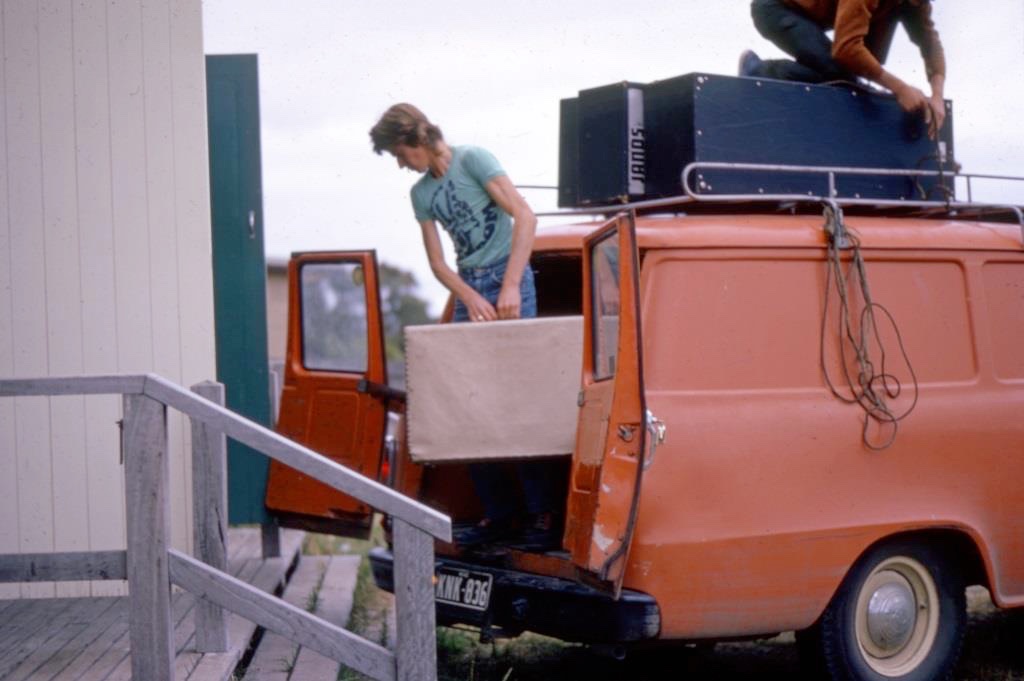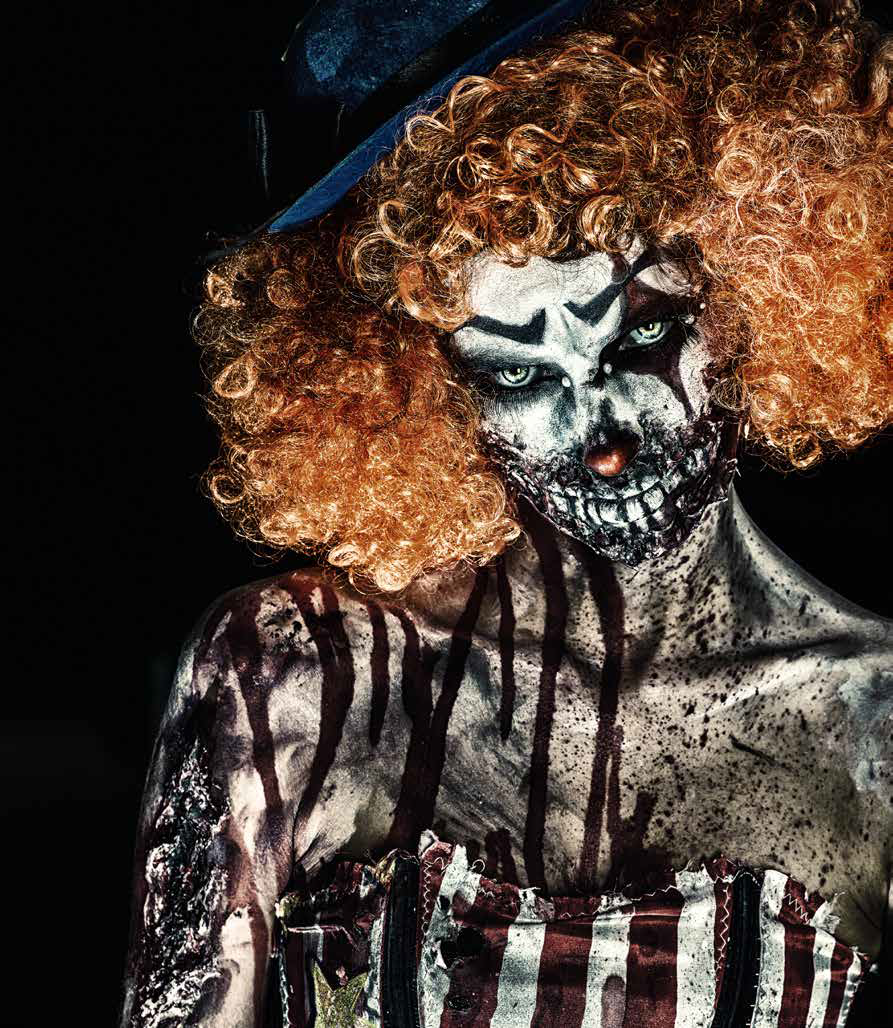Those stats aren’t replicated anywhere else in the world – it’s a tragic phenomenon unique to Australian roadies. Haunted by this finding, coupled with a life-long fascination with the men and women who oil the gears of our music industry, esteemed rock writer Stuart Coupe digs deep into their lives with his new book, Roadies.
From the outset, Coupe was keen to challenge a few misconceptions. “I wanted to confront the stereotype of the roadie – wears a tight pair of shorts, not real bright, takes bad drugs, lifts things.”
Coupe admits that the bad drugs bit can be true, but the rest is bollocks. On the contrary, road crew are ingenious bastards – logistics wizards, for one.
“Take the way they pack those trucks, and everything comes out,” Coupe reflects. “Quite often with the bigger shows they’re packing 30 or 40 semitrailers meticulously and they know where the cord for Freddy’s keyboard goes and where the stand for this particular instrument goes. They do multiple Rubik’s Cubes every single night.”
It’s easy to romanticise the life of a roadie and the rock ‘n’ roll excess that comes with it, but the reality, made clear in Roadies, is that it comes at a cost. For a start, road crew work unsociable hours for weeks, or maybe months, on end.
Extensive travel on little sleep might be fun for a bit, but it makes it difficult to maintain relationships with anyone outside of the industry. Plus, Australia is a gigantic country to navigate, and at least traditionally, managers and promoters haven’t been that sympathetic to the practicalities of long-distance hauls.
Then there’s the fact that it’s back-breaking work – hard yakka that was performed absence of occupational health and safety regulation for years. Topped off with generally crap pay, no annual or sick leave and no superannuation to cover you in your dotage, and you start to see why the situation looks bleak. It’s also kind of thankless – Coupe makes the point that he’s only recently heard artists including Paul Kelly and Neil Finn thank and name their road crew, but that’s an anomaly.
“There hasn’t been the validation for the road crew that there should be,” Coupe notes. “Bands have always gone, ‘I want to thank my grandma, my mother, my pet cat, my record company, my booking agent, and my publicist,’ but how often do you hear them say, ‘I want to thank my road crew, without whom I wouldn’t be on stage?’ The point is, road crews spend their lives making musicians sound and look better – as good as they possibly can, and better than some of them deserve if you ask me – but the better they’re doing the job, the more invisible they are.”
All of that said, Roadies is a far cry from misery porn. In fact, for the bulk, it’s a rollickingly funny yarn. The flip side of the industry is that roadies really are a bit like a band of pirates, the rock ‘n’ roll equivalent of running away with the circus. Take everything in legendary Kerry “Fucking” Cunningham’s chapter, for example, including the story about him swiping Bon Scott’s motorbike repeatedly to avoid Scott writing himself off before shows.
All tales pertaining to king of the roadies, Howard “How Weird” Freeman, are corkers too, no more so than this gem.
“Jimmy Barnes told me about a golf game he was having at a resort, but in his hotel room. They decided to make it wet-weather tournament and when anyone took a shot in the hotel room, they’d get doused with a bucket of water, and there were holes all over the walls. When it was clear that the hotel room was getting destroyed, Jimmy called Howard, the tour manager, to sort it out. Howard saw it as an invitation to find and drive a golf buggy straight through the front door of Barnes’s room.”







